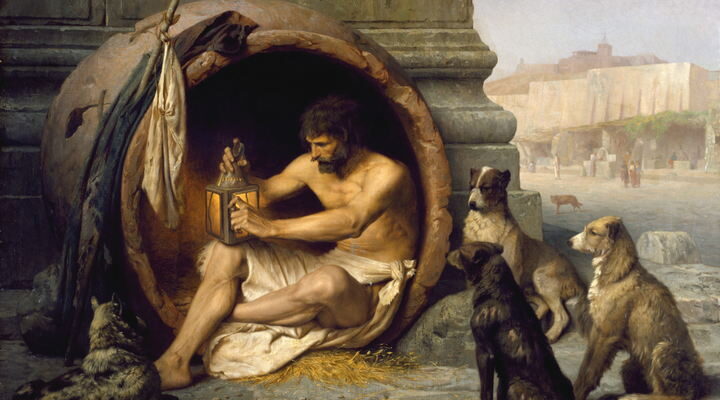At the heart of human existence lies a quest, a yearning to answer life’s most profound questions. This search for meaning, for understanding, is what gives birth to philosophy. Philosophy, a Greek term that means “love of wisdom,” isn’t just the study of reality, existence, and values. It is also a lens through which we interpret and interact with the world around us. Through philosophy, we pose questions, seek answers, challenge norms, and, ultimately, build the intellectual framework of our societies.
But what value does philosophy hold in our world? The value of philosophy extends beyond dusty old books and dimly lit classrooms. It shapes our ethics, drives our politics, and even influences our daily decisions. Philosophical thinking fosters critical reasoning, empowering us to discern, evaluate, and act with clarity. It brings forth transformative ideas that have often been the bedrock of revolutions, both intellectual and actual. From shaping justice systems to sparking debates on morality, philosophy’s touch is pervasive.
Yet, while many philosophers have risen to fame, garnering admiration and study across generations, others have quietly contributed to the tapestry of intellectual discourse. These are the silent titans whose voices may not have echoed as loudly in mainstream channels but have equally enriched the realm of philosophy. In this post, we will explore these underrated philosophers, the ones who, despite their significant contributions, have often been overshadowed.
10 – John Dewey: The Pragmatic Visionary
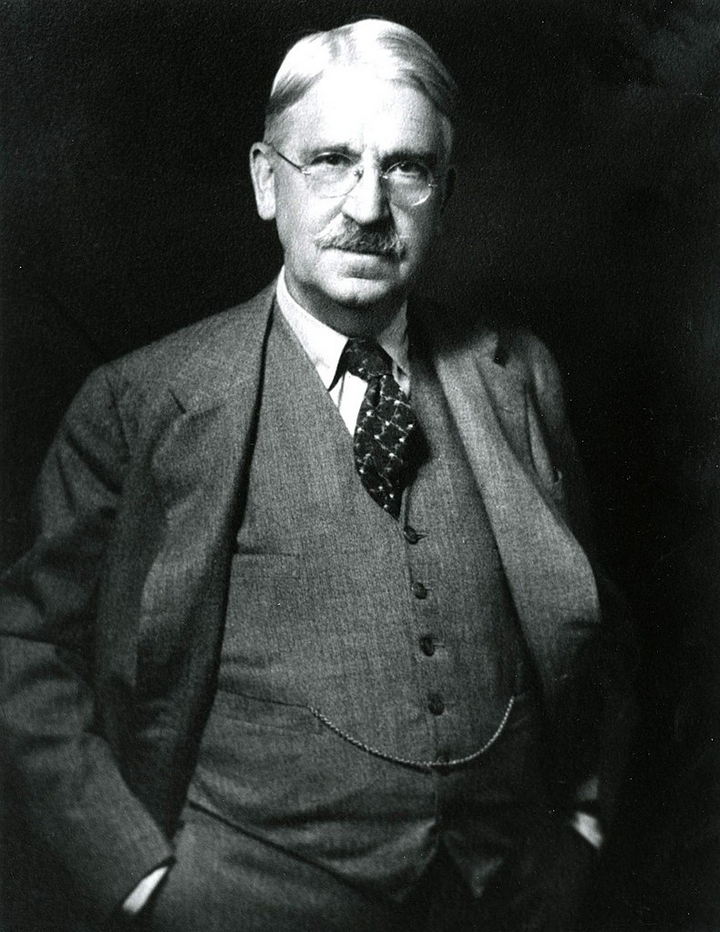
John Dewey is a name often associated with education and the philosophy of pragmatism. Born in 1859 in Burlington, Vermont, Dewey’s influence transcended academia, touching the realms of education, politics, and ethics. His philosophy was anchored in the belief that learning is an interactive process, deeply interwoven with social experiences.
A core tenet of Dewey’s teachings revolved around experiential education. He fervently believed that for education to be truly effective, it had to go beyond rote memorization. Instead, Dewey advocated for a curriculum that focused on critical thinking, fostering a genuine interest and understanding of the subject matter. His groundbreaking work, Democracy and Education, emphasized the role of education as not just an individual growth tool but also as a means to better society.
Beyond education, Dewey was a profound advocate for democratic ideals and social reform. His works often intersected the domains of philosophy and social criticism, highlighting the importance of a just society rooted in educational empowerment and inclusivity.
09 – Friedrich Wilhelm Joseph von Schelling: The Philosopher of Nature
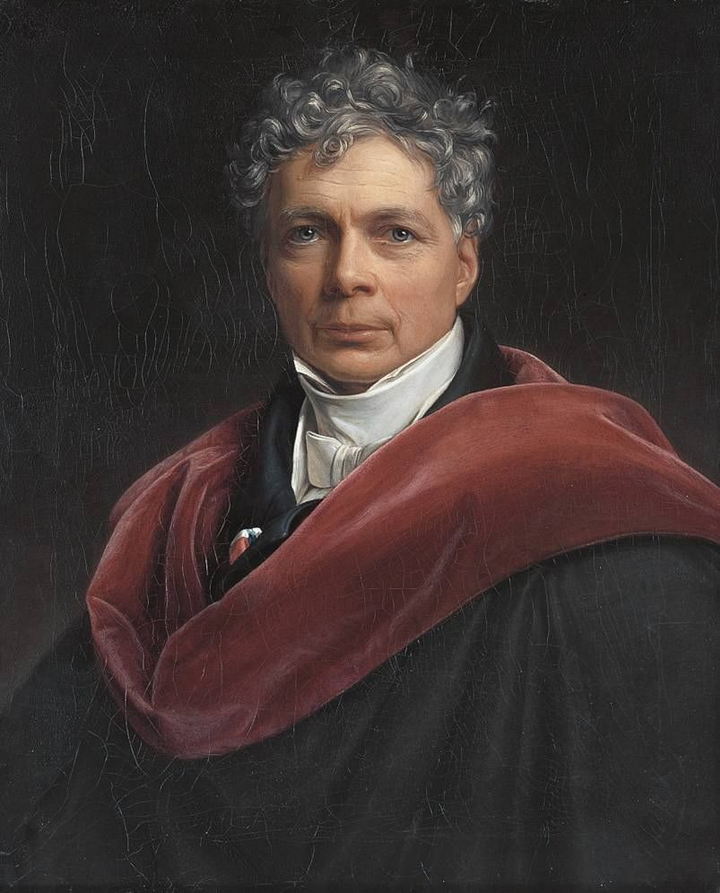
A pivotal figure in German Idealism, Friedrich Wilhelm Joseph von Schelling is often placed alongside the likes of Hegel and Fichte. Born in 1775 in Leonberg, Germany, Schelling was a force to be reckoned with in the realms of metaphysics, aesthetics, and the philosophy of nature.
Schelling’s philosophy is perhaps best encapsulated by his Nature Philosophy. He proposed that nature is a visible reflection of the spirit. And thus by understanding nature, we could gain insights into the spiritual realm. This perspective was groundbreaking, weaving together the empirical observations of the natural world with the ethereal dimensions of spiritual understanding.
Another significant contribution of Schelling’s was his exploration of the Absolute, a concept that signified the unity of all dichotomies. Schelling believed that the Absolute was a blend of nature and spirit, asserting that the universe was a synthesis of these two realms.
08 – Friedrich Heinrich Jacobi: The Maverick of Counter-Enlightenment
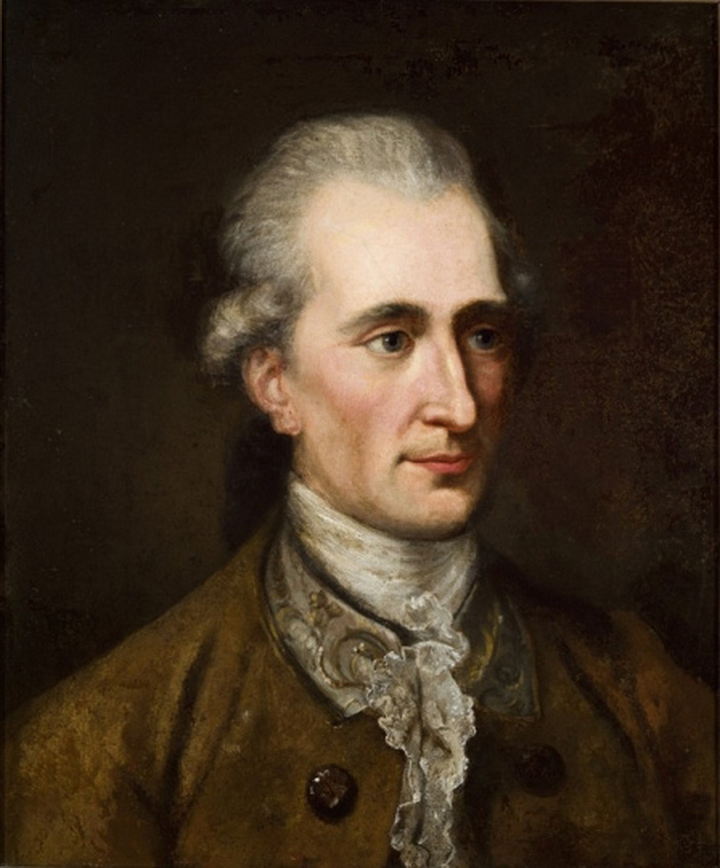
Friedrich Heinrich Jacobi was a prominent philosopher of the late Enlightenment era. He is known for his fierce critiques of contemporary philosophical trends. Born in 1743 in Düsseldorf, Jacobi’s works often stood in stark contrast to the rationalist ideologies of his time.
One of Jacobi’s most notable contributions was his emphasis on faith and emotion over pure reason. He posited that certain truths, particularly those pertaining to morality and divinity, couldn’t be grasped by reason alone. Instead, these truths were better understood through faith and personal experience.
His critiques of German Idealism and his subsequent debates with proponents of this philosophical trend solidified his stance as a representative of Counter-Enlightenment. Jacobi argued against an over-reliance on reason, cautioning that it could lead to nihilism or moral relativism.
07 – Marie le Jars de Gournay: The Feminist Luminary in Philosophy’s Tapestry
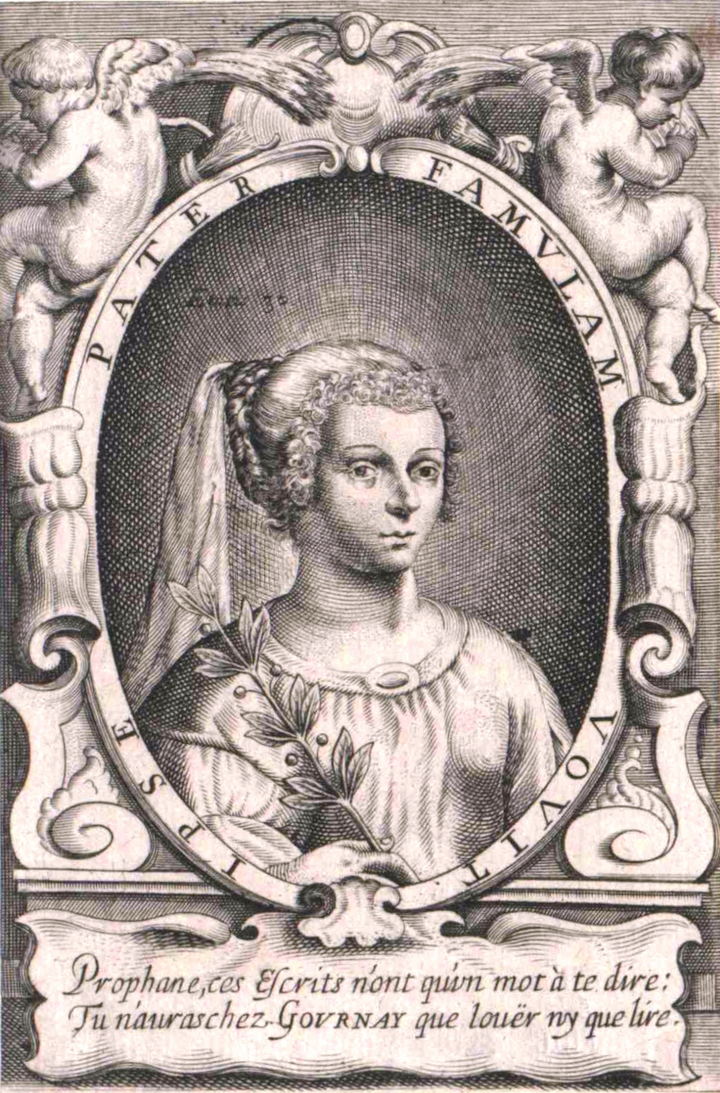
Hailing from the Renaissance era, Marie le Jars de Gournay remains an emblematic figure, representing the voice of women in a male-dominated philosophical world. Born in 1565 in Paris, de Gournay was not just a philosopher but also a writer, advocating vehemently for gender equality and women’s rights in her writings.
Much of de Gournay’s philosophical musings were tied to her passionate defense of women’s intellectual capacities. Contrary to societal norms of her time, she ardently believed that women, given the same educational opportunities as men, could achieve intellectual parity. This sentiment made her an early advocate for gender equality, setting the stage for future feminist philosophies.
Furthermore, in her close association with renowned essayist Michel de Montaigne, de Gournay was introduced to skepticism. She adopted and expanded upon these ideas, questioning societal norms and challenging entrenched philosophers and ethics. This critical approach underpinned much of her philosophical endeavors.
06 – Voltairine de Cleyre: Anarchism’s Unsung Heroine
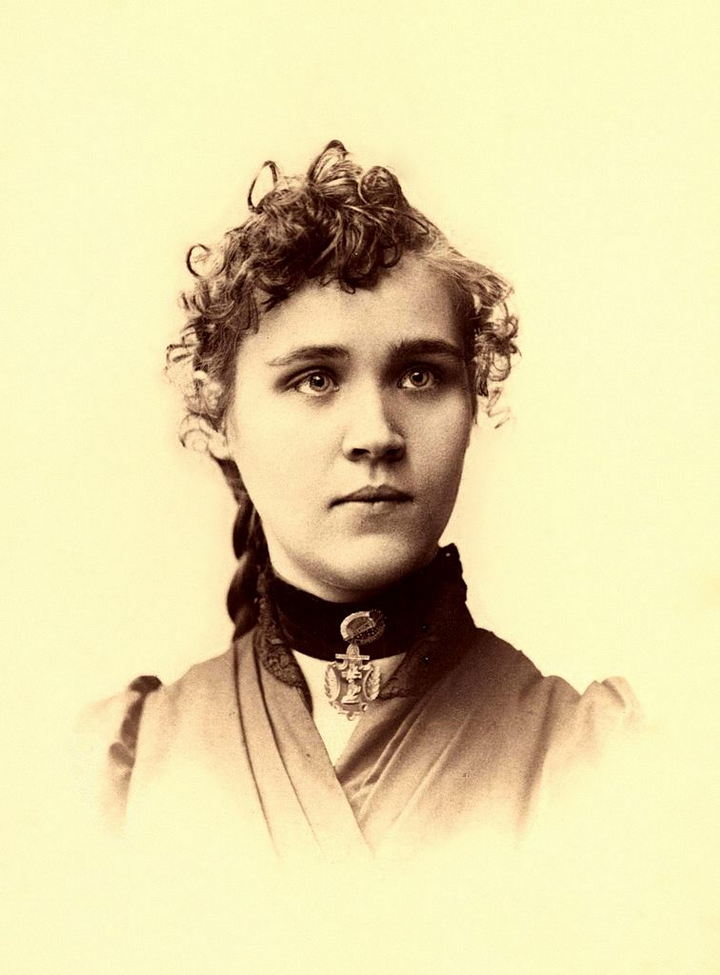
In the annals of anarchist thought, Voltairine de Cleyre stands out as a fierce proponent of individual freedom and autonomy. Born in 1866 in Leslie, Michigan, de Cleyre’s works revolved around critiques of the state, organized religion, and any form of coercive authority.
De Cleyre’s philosophical stance was deeply rooted in her personal experiences. Witnessing the socio-economic disparities and the suppression of individual freedoms, she began to envision a world without hierarchies, a world of equal individuals. In this context, she expounded on anarchism without adjectives, advocating for a form of anarchism that wasn’t tied to a particular school of thought but was flexible and adaptable.
Additionally, her contributions to philosophy aren’t just limited to political thought. Delving into unknown philosophy, de Cleyre made a case for a form of spiritual anarchism, merging the ideas of individual liberty with spiritual awakening.
05 – Jakob Friedrich Fries: The Advocate of Intuitive Knowledge
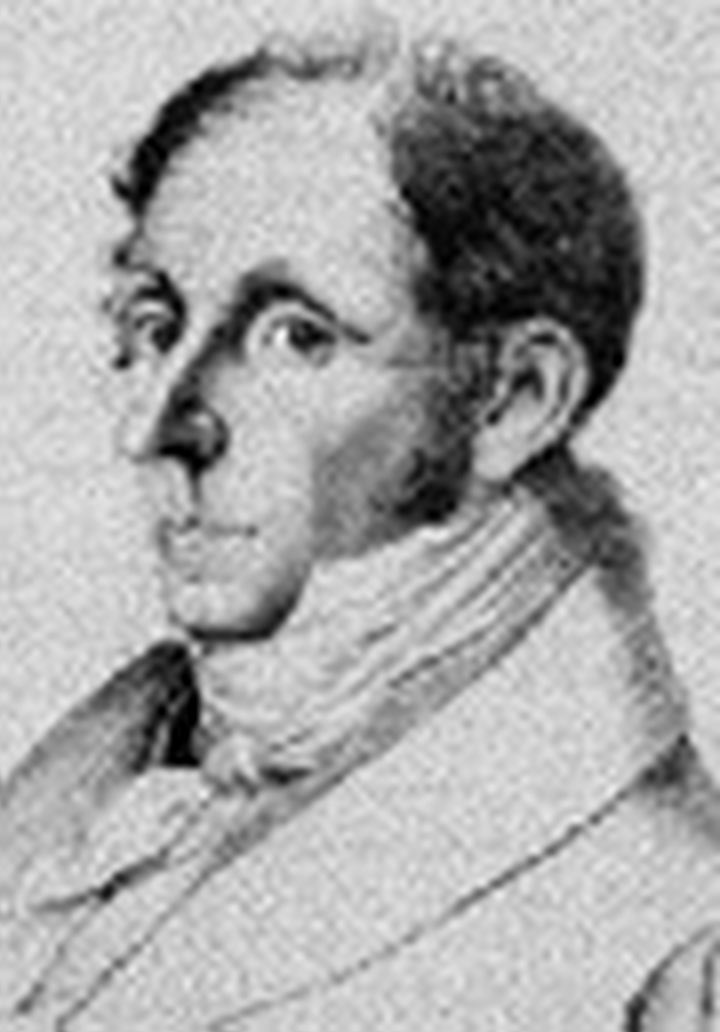
In the rich history of German philosophy, Jakob Friedrich Fries emerges as a distinct voice, emphasizing the importance of intuitive knowledge in contrast to mere empirical observation. Born in 1773 in Barby, Germany, Fries championed a philosophy that harmonized empiricism and rationalism.
Fries, in his works, delved deep into the cognitive processes, positing that knowledge wasn’t solely derived from sensory experience. Instead, he suggested that certain fundamental truths could be accessed through a priori knowledge or intuition. This perspective made him a critical voice during the Enlightenment era, as he questioned the hegemony of pure reason.
Beyond the realms of epistemology, Fries was also known for his contributions to philosophers and ethics. He believed that moral judgments had an intuitive foundation, asserting that ethical decisions were rooted in our inherent sense of right and wrong, independent of societal norms.
Fries’ emphasis on intuitive knowledge underscored the importance of understanding the world not just through sensory experiences but also through the depths of introspection and intuition.
04 – Diogenes of Sinope: The Eccentric Cynic Challenging Convention
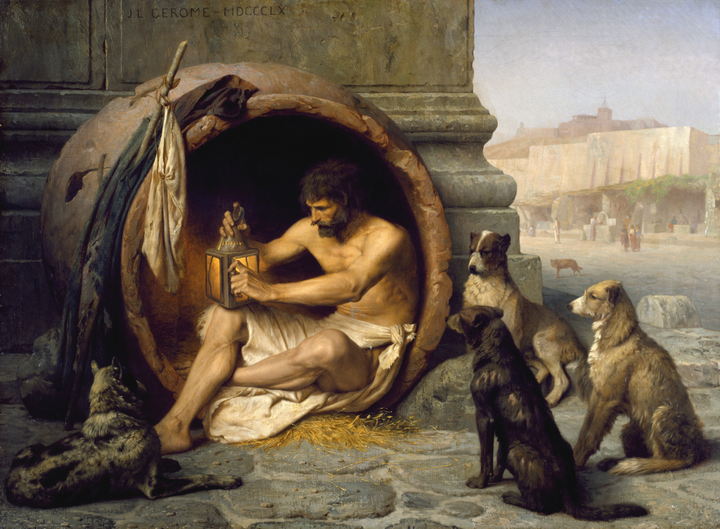
Diogenes of Sinope, commonly known as Diogenes the Cynic, was a prominent figure in Ancient Greece. He is famous with his audacious and often theatrical challenges to social and philosophical norms. Born around 412 B.C. in Sinope (modern-day Turkey), he emerged as one of the founders of Cynic philosophy.
This philosophy revolved around the idea that virtue was better revealed in action than in theory. It also emphasized simple living, free from unnecessary desires and societal conventions. Diogenes took these ideas to the extreme, living in a large ceramic jar in Athens and often using humor and paradox to challenge society’s most deeply held beliefs.
His interactions with Alexander the Great are particularly famed. When asked by the mighty ruler if there was any favor he might do for him, Diogenes, ever the underrated philosopher, simply replied that he could step out of his sunlight.
03 – Alain LeRoy Locke: The Intellectual Orchestrator of the Harlem Renaissance
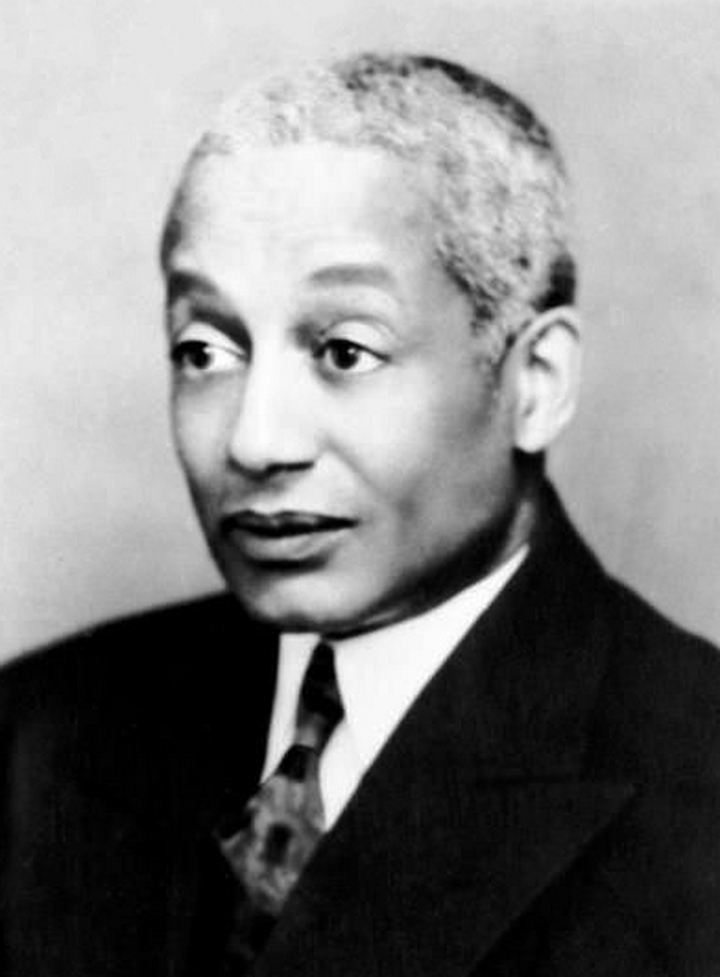
Born in 1885, Alain LeRoy Locke stands tall as the first African-American Rhodes Scholar. He is widely recognized as the “Father of the Harlem Renaissance.” Locke’s philosophy blended aesthetics, culture, and a fervent push for African-American self-expression and self-determination.
Locke posited that cultural pluralism could pave the way for a more inclusive and egalitarian American society. His work was deeply embedded in the socio-cultural matrix of the time, propelling African-American arts and letters to the forefront and shaping the cultural and philosophical landscape of the era.
One of his most profound contributions to philosophy was the idea of “cultural relativism,” where he promoted the belief that all cultures have intrinsic value and should be celebrated. In this context, Locke emerged as a fierce advocate for black culture, emphasizing its rich history and potent artistic expression.
02 – Simone de Beauvoir: The Feminist Luminary Charting New Philosophical Terrains
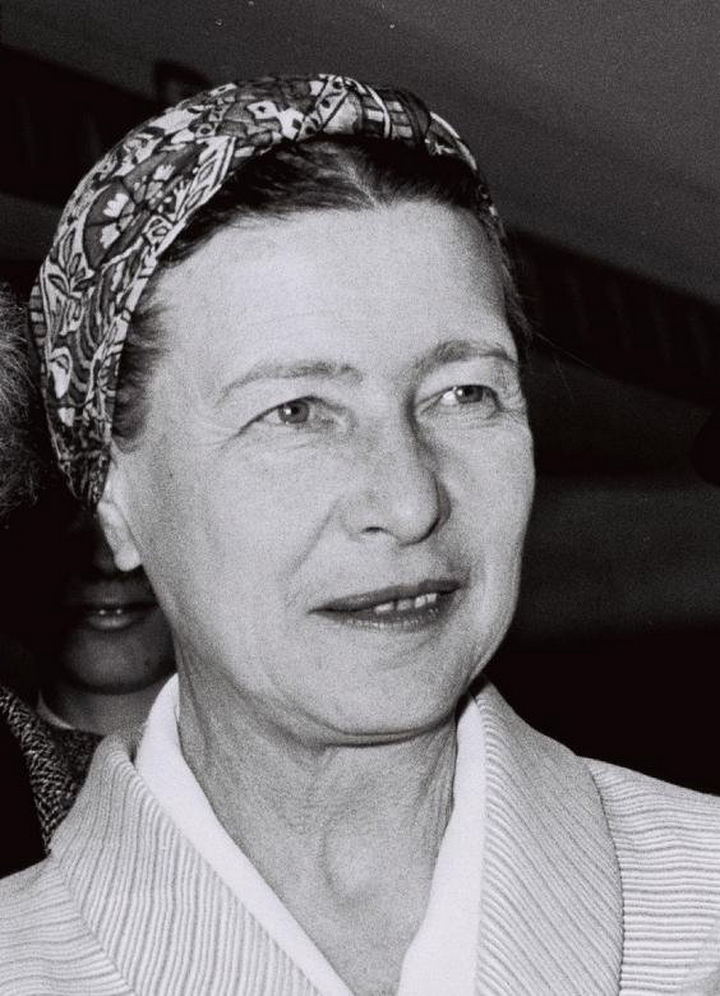
Simone de Beauvoir, born in Paris in 1908, remains one of the most influential thinkers of the 20th century. Known for her expansive works on existentialism, ethics, and feminism, she was an integral part of the existentialist movement alongside Jean-Paul Sartre.
Her magnum opus, “The Second Sex,” delves deep into the treatment and perception of women throughout history. It’s in this groundbreaking work that she coined the famous phrase: “One is not born, but rather becomes, a woman.” Through this, de Beauvoir challenged traditional views of femininity and gender roles, highlighting the societal constructs that bind women.
Additionally, her philosophical approach was a combination of existential thought with deep insights into human freedom, ethics, and gender dynamics. De Beauvoir’s philosophy wasn’t just theoretical. She lived her beliefs, consistently challenging societal norms and advocating for women’s rights, setting the stage for many feminist philosophers that followed.
01 – Ludwig Josef Johann Wittgenstein: The Philosophical Virtuoso Pioneering Linguistic Thought
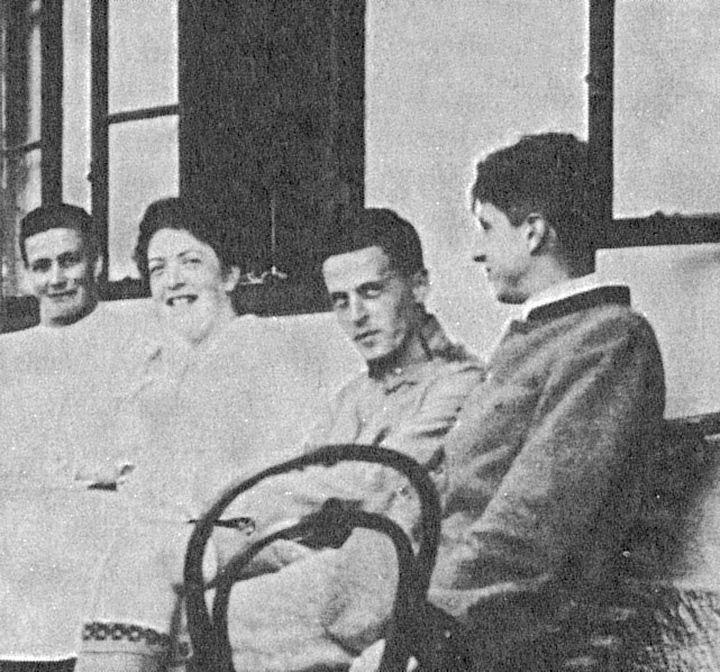
Ludwig Josef Johann Wittgenstein, often simply referred to as Wittgenstein, was an Austrian-British philosopher who left an indelible mark on the world of philosophy, particularly in the realms of logic, the philosophy of mathematics, the philosophy of mind, and most prominently, the philosophy of language.
Born in 1889 in Vienna, Wittgenstein was a man of contrasts. Although he hailed from one of the wealthiest families in Austria, he often lived a life of simplicity and asceticism. He initially pursued engineering in England. But his interests quickly shifted after reading the works of Bertrand Russell, a beacon among unknown philosophers of that time.
Wittgenstein’s primary works, “Tractatus Logico-Philosophicus” and “Philosophical Investigations,” have been both celebrated and critically examined. The first work, the “Tractatus,” is a bold, succinct piece that ventures into the relationship between language, world, and thought. He famously asserted, “The limits of my language mean the limits of my world.”
Meanwhile, his “Philosophical Investigations” is a shift from his earlier thought, exploring how language works in practice and how it shapes our understanding of the world around us. This work introduced the idea of “language games,” asserting that understanding a word’s meaning is based on its use within the game of language.
Although he spent only a few years teaching professionally, Wittgenstein influenced generations of thinkers and remains a bedrock in philosophical curricula worldwide. His thoughts on language and meaning have made him an invaluable asset in modern philosophy, emphasizing the intricate dance between words and the world. He once said, “Philosophy is a battle against the bewitchment of our intelligence by means of language.” A sentiment that rings true even today, showcasing the timeless nature of his philosophical insights.
The Philosophical Journey and Its Evergreen Appeal
Every philosopher, from the renowned to the under-appreciated, begins with a simple curiosity—a question they can’t shake off. So, what is it like to be a philosopher? Imagine standing at the edge of a vast ocean of knowledge, eager to plunge into its depths. A philosopher is constantly driven by this insatiable curiosity, the desire to challenge conventions, and the courage to face existential quandaries.
Choosing a philosopher to study can often be a daunting task given the vast sea of wisdom that exists. For many, delving into the works of Plato, Aristotle, or Nietzsche might be the first instinct. However, as we will highlight in this post, numerous obscure philosophers have offered invaluable insights worth exploring. By broadening our horizons and venturing beyond the mainstream, we can discover unique perspectives that resonate deeply with contemporary issues, showcasing the timeless relevance of philosophical thought.
Exploring Philosophy’s Unsung Narrators
Philosophy, as a field, is teeming with brilliant minds, each weaving intricate webs of thought and discourse. While some philosophers, like Kant or Descartes, might be more commonly cited in academic circles, others offer clarity and understanding that’s equally valuable, albeit perhaps more accessible.
For many, the sheer depth and complexity of philosophical writings can be intimidating. However, there exists a range of philosophers whose works are not only profound but also accessible to the average reader. Thinkers like Albert Camus, with his exploration of the absurd, or Alan Watts and his interpretation of Eastern philosophy for Western audiences, break down intricate ideas into digestible insights. These philosophers have a knack for presenting their thoughts in relatable, understandable ways, making them perfect entry points for those new to philosophical exploration.
Yet, their relative ease of understanding should not be mistaken for a lack of depth. These philosophers grapple with the same universal questions. But they do so in a manner that bridges the gap between esoteric academic discussion and everyday contemplation. In doing so, they remind us that philosophy isn’t a distant, abstract domain. But also a vital tool for navigating the complexities of our existence.
In our journey through philosophy’s vast landscape, embracing both the renowned and the unknown philosophy contributors will provide a fuller, richer understanding of humanity’s quest for wisdom and meaning.


